Avia Design, a new N2K player
I’ve recently been beta testing a suite of software products from a marine electronics newcomer called Avia Design, and I’m tentatively enthusiastic. They are the first products I know of that are fully leveraged off the NMEA 2000 Third Party Gateway (TPG) discussed yesterday, and therefore a sign of many things to come (I think). And they’re cool, or at least should be when finished. Check out that real time polar diagram for performance sailors above — I’m not sure there’s ever been one before — and there’s plenty of power boaters too…
The way the Avia architecture works is that Avia Server, the only copy protected component, takes NMEA 2000 data coming from an Actisense NGT-1 TPG and broadcasts it over Ethernet UDP. Thus the same computer, or any other on the network, can run Avia OnBoard sail or power versions, or both simultaneously. Standard N2K data like that seen on the sailing screen — plus many engine, tank, and battery PGNs — are already supported, and more should be easy to add. There’s also an Avia Demo program that feeds simulated data to the instrument program so you can see what’s it like without any N2K hardware, and — tickle me pink — an AviaN2KSim program that pushes faked PGNs out through an NGT-1 so that guys like me can test N2K devices in their laboratories.
This whole Avia setup is, in fact, quite a lot like Maretron’s N2KServer and N2KView products, but not exactly. The Server, for instance, can also accept NMEA 0183 inputs, as seen in its setup dialog box below. Then again, Avia doesn’t offer much screen customization, nor a whole family of hardware products that work with its instruments. But it also seems aimed at somewhat smaller boats than N2KView is, and may be more aggressive about partnering with other developers because it’s quite a small operation.
Which is not to say that Avia isn’t ambitious or able. Principal Grahame Shannon is a deeply experienced software developer, yacht designer, and boater as you can see a bit from his Blue Book of Boats listing and/or hear about in this Furled Sails podcast (a good resource, by the way). He may be as old as I am (a pity), but he’s been coding at all hours recently, sometimes in response to my beta reports. And he could use a few more testers who have access to N2K networks and a willingness to purchase an NGT-1. But I don’t think that’s an unsafe investment, even if you don’t like the finished Avia programs and prices (still undetermined), as more TPG apps will likely come down the pike by and by. At any rate, check out Avia Designs and eventually I’ll report on what the finished products can do.


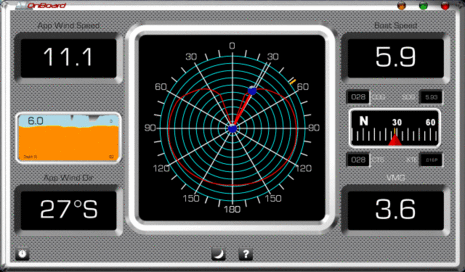
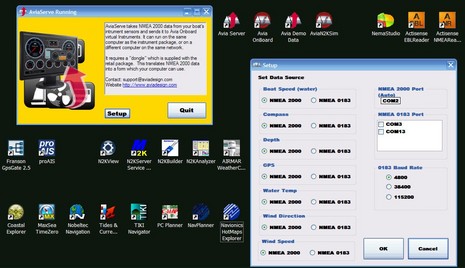
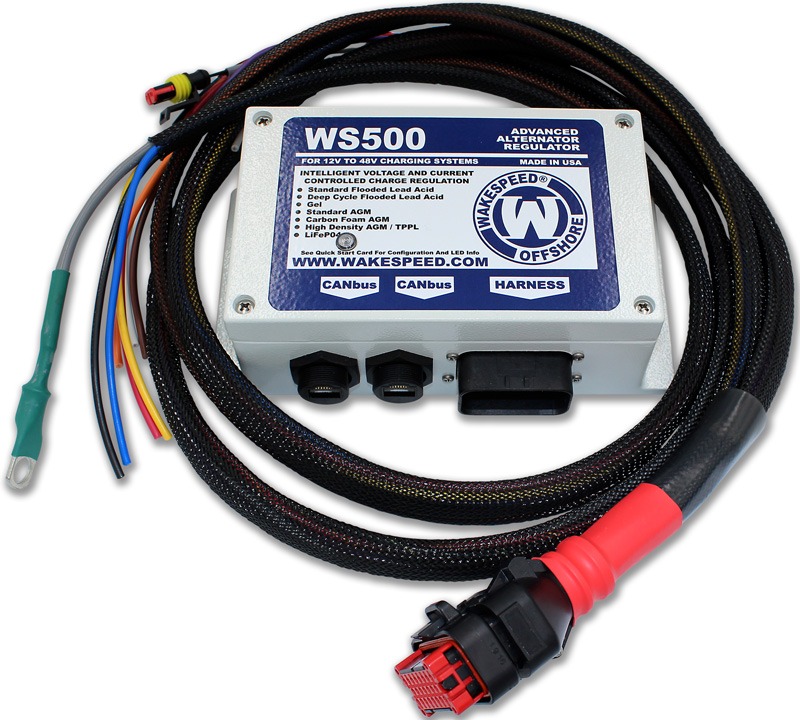
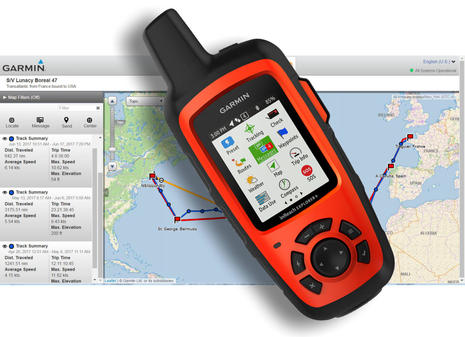
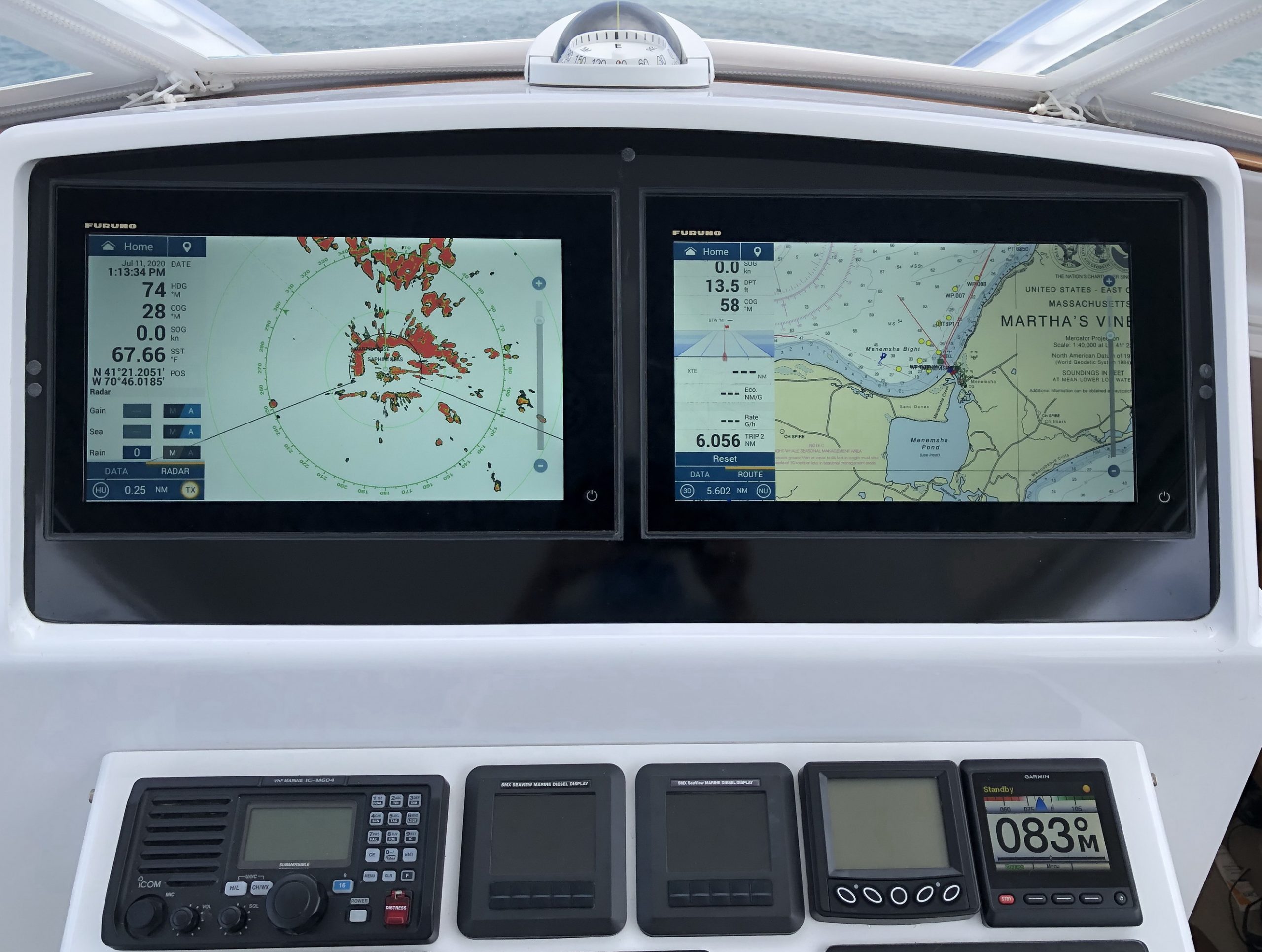
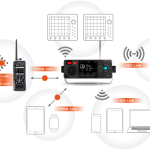







I think UDP is the way to go if one wants to distribute N2K data over an Ethernet network. Using a PC as a server, as Avia has, is interesting but I still think there is plenty of scope for direct N2K to Ethernet devices. I imagine that both Maretron and Actisense are working on such devices. However development is still hampered by the lack of a NMEA standard for N2K over UDP. Avia have obviously created their own propriety standard.
Thinking of standards do the existing Maretron N2Kserver and Actisense NGT-1 send out the same serial packets to the PC, or are they proprietary?
Tedgo
There is no standard regarding protocol to the PC, as a result both us and Maretron are using our own proprietary protocols which can never hope to be compatible.
We are providing an SDK containing our DLL, API and demo code for software developers to utilise the NGT-1’s features. Something I understand Maretron are not doing at present.
Developers have typically taken just a week to produces working software with the NGT-1 and our SDK. The DLL means the developer doesn’t need to worry about the protocol and simply accesses everything through the API.
CapCode – http://capcode.sourceforge.net/ – an Open Source project has realtime polars for NMEA0183 sources. And it’s completely free.
There’s actually some really good Open Source projects related to marine navigation, and the number of quality of them continues to grow, like http://opencpn.org/
I’m not aware of any OSS projects with NMEA2K support, though NMEA0183 over TCP/IP has been around for a long time. IP may be a heavier weight protocol than NMEA2K, but at least it’s a completely open protocol without any silly “certification”.
I’m with Tedgo, it’s too bad people couldn’t work together on open protocol and payload standards instead of creating more proprietary goo… These are the things that drive industry and technological innovation, and in the end provider a wider range of available products, available at lower costs.
Scott, our proprietary goo is free to software developers and is completely transparent. Leading to a wider range of available products.
It was no trouble for Avia to set up with the NGT-1 as you can see.
For more comments regarding the NGT-1 and its goo read: https://panbo.com/archives/2010/01/actisense_ngt-1_nmea_2000_gateway_now_were_talking.html#more
“The non-PC (Linux, MAC, embedded) software developer needs only sign a simple NDA to get the extra information (normally handled by the DLL). The Actisense NGT-1 is open to any and all software developers – we hate ‘closed shops’ more than most.” pretty much sums up the problem as I see it – The NDA prevents it from being truly open… Instead you folks should fully document and publish this information – win the market by having a better and cheaper product and being just a heck of a swell company 🙂
We have always had plans to make an open source NGT/NGW interface available (hopefully later this year), the timing of which is purely an engineering time issue – as we are a small company.
However, as the Actisense Comms DLL or NDA route have currently been taken up by a very good number of companies and even individual coders, the current arrangement (whilst not perfect) doesn’t seem to be too much of a hurdle.
Not to worry, Andy. You’ll never completely please everyone. We live in a world of IP excesses (like sick software patent stuff) but also excess disrespect for IP.
The OSS movement seems rife with contradictions. Marvelous stuff for all has come out of open source, but sometimes the practitioners, and especially the wannabe’s, forget the support given by universities, governments, and even corporations (see RedHat and Linux).
And the dynamics of large scale open source successes don’t seem to scale down well to a little niche like marine electronics, despite heroic individual efforts from the likes of Kees Verrujit and Steven Roberts.
I once heard a presentation by Richard Stallman and was stunned by his arrogance. He seemed like the last person who could actually contribute to the sort of mutually respectful community project environment that OSS seems ideally about. Talk about contradictions.
Bizarre software patents indeed!
I had an email earlier this week from someone purporting to represent this patent
http://patft.uspto.gov/netacgi/nph-Parser?Sect1=PTO1&Sect2=HITOFF&d=PALL&p=1&u=/netahtml/PTO/srchnum.htm&r=1&f=G&l=50&s1=6308649.PN.&OS=PN/6308649&RS=PN/6308649
Filed in 2000. Stuff we were doing in the mid 90s and I know people doing it even earlier.
Andy and Ben, thanks for your comments! This is great stuff, and shows Actisense is breaking from proprietary tradition and doing an admirable job at embracing current trends and technologies. I don’t have any N2K needs aboard my limited instrumentation, but I’ll definitely keep you folks in my head (let’s be fair – which means nothing other than being in my head).
Ben, yeah – Richard Stallman is horribly arrogant – and not anything like what I see as the ideal marriage between business, technology, and customers.
The part that frustrates me as a boater is that too long we’ve suffered under proprietary specs and protocols that do their best to prevent interoperation between systems. From a current-day technological standpoint, this is ridiculous and uncalled for, because we have common technology and common protocols that allow complete and full interfacing between vendors. Spec organizations like NMEA do very little to help move the needle here, unfortunately.
In the ideal world, I could buy stuff from company A, company B, and company C. Plug in a standard network, and have a completely integrated system with no problems.
I can do this in the computer world (I live in this world as my current job) – there’s no reason we can’t do this in the marine electronics world!
Scott, thank you for the kind words, we have never liked the industry ‘closed shop’ tactics, and have always wanted to overcome them. As a small company we can only survive with open standards, and it may surprise you, but NMEA 2000 is a very big part of that ‘open’ idea for the future of marine electronics.
NMEA 2000 meets all three of your ‘wish list’ requirements: buy different devices from different manufacturers, connect them into a standard network, and finally, have them all communicate without problem. I’ve been to enough NMEA 2000 ConnectFests and PlugFests to have seen that to be true.
If you counter-argue that the NMEA 2000 specification should be free, then I would say that would be great, really great. However, the NMEA does not (currently) have any other way of generating money to pay for all the time and effort that has gone in to making your ‘wish list’ above come true.
Unfortunately, the truly tiny marine industry will never have all the benefits of the huge computer industry purely because of the massive volume differences between them. Much higher volume means the same protocol costs can be spread/hidden across them all – as a tiny licensing cost rather than an up front block cost.
I think it is a little unfair to compare the two: a Wifi router manufacturer will sell 100,000+ units of a single type, whereas a marine electronic manufacturer may only sell 100+, or 1000+ of a single model. That’s a massive difference.